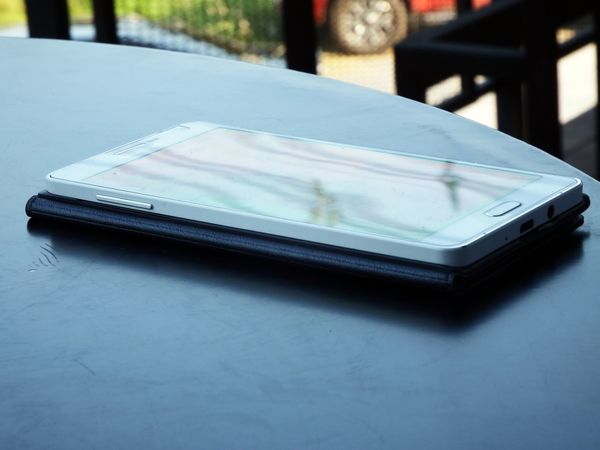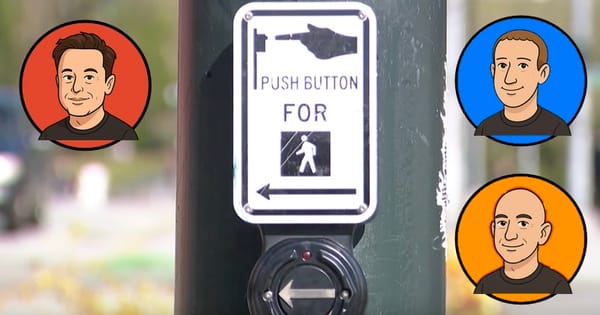WiKI-Eve Attack: Intercepting Smartphone Keystrokes Through Wi-Fi Vulnerability

Researchers from China and Singapore have unveiled a new cyber vulnerability that targets unencrypted smartphone transmissions via modern Wi-Fi routers.
The attack, named WiKI-Eve, capitalizes on the Beamforming Feedback Information (BFI), a feature first implemented with WiFi 5 in 2013. The vulnerability highlights the risks of exchanging unencrypted data, also known as cleartext, in BFI communication.
How It Works
WiKI-Eve is designed to intercept Wi-Fi signals in real time when a password is entered. To conduct the attack, an individual would need to monitor the network during the exact moment the target is typing the password. The researchers used traffic monitoring tools like Wireshark to capture the target's BFI time series during password entry. Key presses affect the Wi-Fi antennas and generate distinctive signals, which can be monitored and exploited to identify individual keystrokes.
Alarmingly High Accuracy
The researchers demonstrated that the attack could identify numeric keystrokes with an astounding 90% accuracy. The tests also showed 85% accuracy in deciphering six-digit numerical passwords and 66% accuracy for more complex app passwords. The study involved 20 participants, various phone models, and several typing styles to validate these percentages.
Limitations and Practicality
While the attack presents a significant security risk, it also has limitations. For example, the attack requires identification of the target on the network, typically through their MAC address, and has a restricted timeframe for execution. Distance is another limiting factor: increasing the distance between the attacker and the target from 1 to 10 meters lowered accuracy by 23%.
Defense Strategies
The researchers suggest that encrypting data traffic would prevent attackers from obtaining BFI in cleartext, invalidating WiKI-Eve's basic assumption. They note that this strategy is commonly used in institutional Wi-Fi deployments. However, this could increase system complexity in scenarios with high user dynamics, as frequent key exchanges would be required.
Implications
Although modern strong password policies often require a combination of character types, WiKI-Eve poses a significant risk to people who use simpler passwords, particularly numeric ones. The vulnerability also underscores the urgent need to encrypt BFI data exchanges to better secure individual privacy.
Conclusion
The discovery of WiKI-Eve serves as a reminder for the cybersecurity community and the general public to prioritize encryption and strong password policies. It also calls into question the safety of current Wi-Fi technologies, emphasizing the need for more robust measures to protect against increasingly sophisticated cyber threats.
tags
Author

Vlad's love for technology and writing created rich soil for his interest in cybersecurity to sprout into a full-on passion. Before becoming a Security Analyst, he covered tech and security topics.
View all postsRight now Top posts
How to Protect Your WhatsApp from Hackers and Scammers – 8 Key Settings and Best Practices
April 03, 2025
Outpacing Cyberthreats: Bitdefender Together with Scuderia Ferrari HP in 2025
March 12, 2025
Streamjacking Scams On YouTube Leverage CS2 Pro Player Championships to Defraud Gamers
February 20, 2025
How to Identify and Protect Yourself from Gaming Laptop Scams
February 11, 2025
FOLLOW US ON SOCIAL MEDIA
You might also like
Bookmarks








